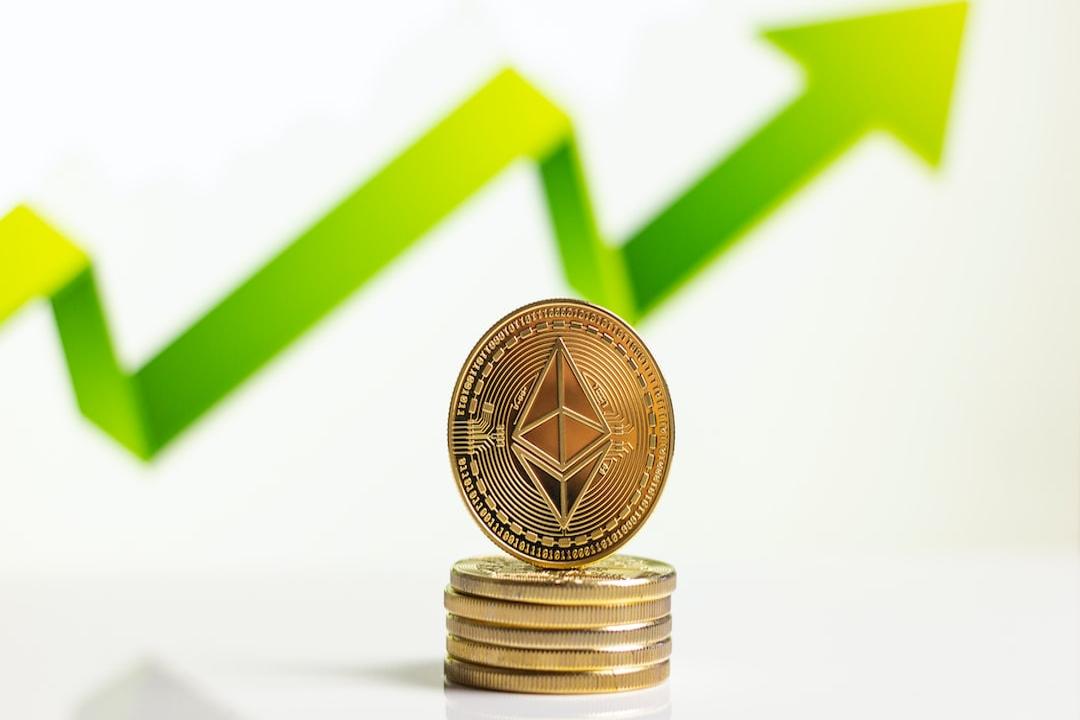Trump Shouts That China Deserves to Pay 145% Tariff, But Economic Reality and Expert Analysis Are Very Different; Both Economies Are Enduring the Policy Chain Reaction
(Background: Trump’s first hundred days in office hit a red light! Approval rating below 40%, the worst for a U.S. president in 80 years; has the tariff war really made the USA great again?)
(Supplementary background: What’s next for Musk after leaving DOGE? Trump pushes OPM “emphasizing loyalty to the president” continues to fire federal employees)
U.S. President Trump once again declared a strong offensive against China, asserting in an earlier interview with ABC News that high tariffs are “China’s own fault,” claiming that China earns substantial profits from the U.S. every year and is capable of bearing the losses. However, at the same time, Trump has also repeatedly stated that he is “getting along very well with China” and that a fair agreement may be achievable in the future. This extreme pressure combined with goodwill in his negotiation tactics aims to secure more bargaining chips but also makes the prospects for U.S.-China relations increasingly uncertain.
The Economic Truth About Tariffs: Heavy Costs for Both Countries
Despite Trump’s assertion that China should bear the full brunt of the tariffs, mainstream economists indicate that high tariffs will, in fact, be borne by U.S. importers or consumers. First, importers must pay the U.S. government upfront; while some costs may be absorbed by Chinese manufacturers, most will ultimately be reflected in U.S. market prices, affecting consumers and related industries. Simultaneously, China has imposed retaliatory tariffs as high as 125% on U.S. products, meaning that businesses in both countries face losses.
According to estimates from the Tax Foundation, the 145% tariff on China by 2025 will significantly shrink U.S. imports, forcing a focus on other trading partners, and will generate at least approximately $166.6 billion in short-term tax revenue, while the U.S. GDP will decrease by 0.2% due to retaliatory measures. In negotiations, China insists that the U.S. must first withdraw unilateral tariffs, and currently, both sides have been unable to engage in active talks. The shifts in U.S.-China trade policy are profoundly impacting the global economic order.
Will high tariffs serve as bargaining chips or lead to mutual destruction? How the two countries adjust their policies in the future will influence the trajectory of global trade development, warranting our continued attention and contemplation.
No Apologies for Allies Like Taiwan, Japan, and South Korea
Additionally, in an interview with The Atlantic earlier this week, when asked whether the U.S. has treated allies like Taiwan, Japan, and South Korea unfairly, Trump confidently stated that there is no need for apologies, asserting that the U.S. has long been mistreated by other countries and does not owe any apologies, as their prosperity is built on sacrificing American interests. “I want to protect America.”

Related Reports
- U.S. Senator Calls for Trump’s Impeachment: $TRUMP Meme Coin “Sells Out the White House Back Door,” Violating Impeachment Threshold
- Trump Declares: No Tariff Reduction Without Benefits from China; No More 90-Day Suspension Period for Countries
- Will U.S.-China Tariff Negotiations Be Finalized? Trump: ### Initiated Call, 200 Trade Agreements Reached

